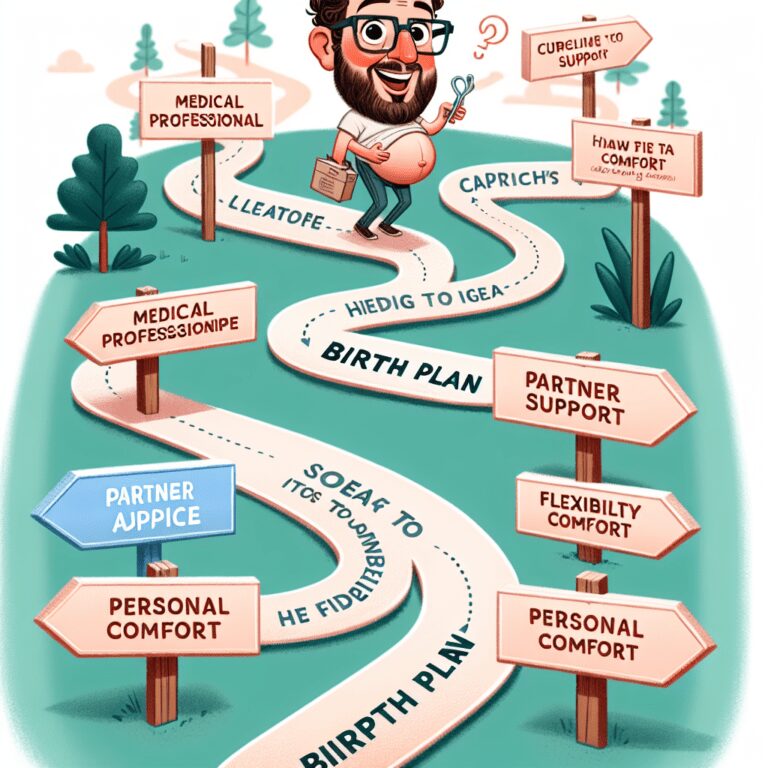

Chapter 1: Understanding the Toddler Years
Toddlers, typically aged between 1 and 3 years, undergo significant developmental changes. This phase is marked by rapid growth in cognitive, emotional, and motor skills. Toddlers begin to explore the world around them, often testing boundaries and seeking independence. This period can be both challenging and rewarding for parents. Understanding their developmental needs is crucial for providing the right support and guidance.
Chapter 2: Effective Communication Strategies
Communication is key when parenting toddlers. At this age, children start to express themselves more, though their verbal skills are still developing. Using simple, clear language helps them understand better. Nonverbal cues, such as gestures and facial expressions, also play a significant role. Active listening and patience are vital; ensuring your toddler feels heard and understood can mitigate tantrums and foster a stronger bond.
Chapter 3: Nurturing Independence
Encouraging independence helps toddlers develop confidence and self-esteem. Simple tasks like dressing themselves, feeding, or choosing between two options can empower them. It’s essential to provide a safe environment for exploration and to offer choices within limits. Celebrate their attempts, not just their successes, to encourage a growth mindset.
Chapter 4: Positive Discipline Strategies
Discipline is about teaching, not punishment. Positive discipline strategies focus on setting clear, consistent boundaries and explaining the reasons behind rules in simple terms. Redirecting behavior, offering alternatives, and using time-ins (positive time-outs where you engage with your child) can be effective. Reward systems can also motivate good behavior, but rewards should not always be material.
Chapter 5: The Power of Routine
Establishing routines provides toddlers with a sense of security and predictability. A consistent daily schedule for meals, naps, playtime, and bedtime helps manage expectations and reduces resistance. Be flexible though, as toddlers may have changing needs. Incorporating rituals, like bedtime stories or special goodbye routines, can enhance emotional security and strengthen family bonds.
Chapter 6: Navigating Tantrums and Emotional Outbursts
Tantrums are a normal part of toddlerhood, reflecting their limited ability to handle big emotions. Remaining calm, acknowledging their feelings, and offering comfort can help diffuse the situation. Techniques like distraction or giving them some control can also be effective. Post-tantrum, reassure them of your love and discuss alternative ways to express their emotions.
Chapter 7: Encouraging Healthy Eating Habits
Toddlers can be picky eaters, making meal times challenging. Encourage healthy eating by offering a variety of nutritious foods, involving them in meal preparation, and making eating enjoyable. Be patient with new foods; it may take several tries before they accept them. Avoid using food as rewards and model healthy eating habits yourself.
Chapter 8: Promoting Physical Activity
Physical activity is crucial for toddlers’ development. It helps in building motor skills, maintaining healthy weight, and improving sleep. Activities can range from simple outdoor play to structured games. Ensure their environment is safe for exploration and join them in activities to make it more fun and engaging.
Chapter 9: Fostering Social Skills
Social skills are vital for toddlers as they begin to interact more with peers. Encourage playdates, share activities, and model positive social behavior. Teach them about sharing, taking turns, and empathy through everyday interactions. Praise cooperative behavior and guide them on managing conflicts constructively.
Chapter 10: Self-Care for Parents
Parenting a toddler can be demanding. Taking care of your physical and mental health is essential to be the best parent you can be. Make time for yourself, whether through hobbies, socializing, or relaxation techniques. Recognizing when to seek support from family, friends, or professionals is also important. Remember, it’s okay to ask for help.
FAQs
Q1: How can I encourage my toddler to become more independent?
A1: Encourage independence by allowing your toddler to make choices,-help with simple chores, and engage in tasks like dressing themselves. Offer praise for their efforts to build confidence.
Q2: How do I handle tantrums in public places?
A2: Stay calm, ignore judgmental stares, and focus on your child. If possible, move to a quieter area to help them calm down. Remember, public tantrums are a common challenge faced by many parents.
Q3: What are some effective ways to introduce new foods to a picky eater?
A3: Introduce new foods gradually, alongside familiar ones. Make eating fun by involving them in food preparation and presenting food in creative ways. Patience is key as it may take several attempts before they accept new foods.
Q4: How can I ensure my toddler gets enough physical activity?
A4: Incorporate physical activities into daily routines, such as walking to the park, dancing to music, or playing simple games. Ensure the activities are fun and vary them to keep your toddler engaged.
Q5: How do I balance discipline with nurturing my toddler’s curiosity?
A5: Set clear, consistent boundaries but allow exploration within safe limits. Use positive discipline strategies like redirection and teach them about natural consequences. Encourage curiosity by engaging in explorative play together.
Instantly Access Your FREE Children’s Books Here!
Disclaimer: As an Amazon Associate, I earn from qualifying purchases. I may earn a commission from qualifying purchases as an affiliate. Please note that I only recommend products I believe will provide value to my readers.








